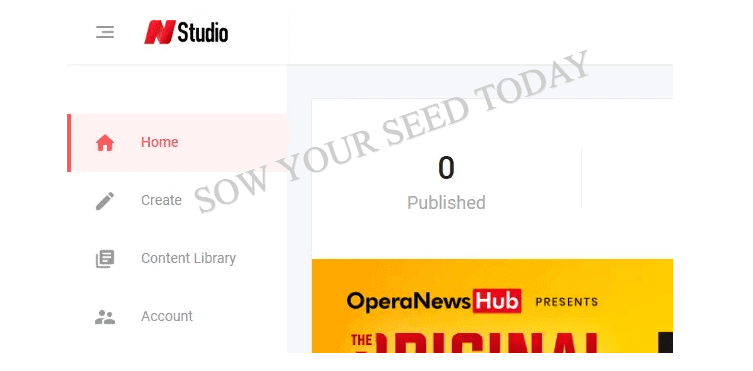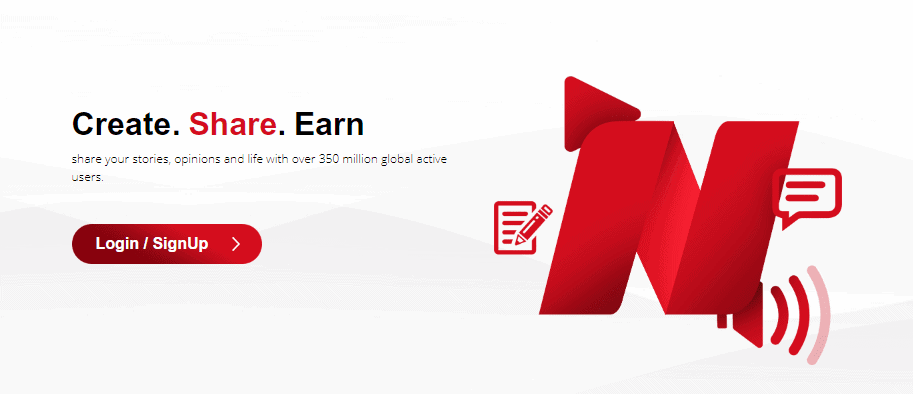

Who Doesn’t Get a Checkĭependents over the age of 16 (meaning most high school seniors and college students) aren't eligible to receive any money in the form of a relief check, since the $500 per dependent rule applies only to those under the age of 17.Īnd since the IRS eligibility checklist also requires you to have a social security number, anyone without one - or anyone filing jointly with someone without one - won't be receiving a relief check. Unemployed workers will see an increase of $600 to their weekly unemployment insurance for four months - a boost that also extends to furloughed workers or freelancers. They pay a yield that’s higher than average, allowing savers to reach their financial goals faster. High-Yield Savings Accounts are used for emergency funds and storing savings for future events. As an individual’s income increases, that check gets smaller by roughly $50 per $1,000 earned, until it diminishes completely for individuals with an income of $99,000 and married couples filing jointly with an income of $198,000 and no dependents (assistance tapers off at higher income levels for those with dependents, as outlined by the Tax Foundation).

In short, Americans making less than $75,000 will receive a one-time payment of $1,200 per adult and $500 per child under the age of 17. According to the Tax Foundation, about 94% of Americans will be eligible for some level of relief.

Who Gets a CheckĬhecks will be doled out based on your income as reported on your 2019 federal tax return (if you haven’t filed for 2019, then it’s based on your 2018 return). government has ever put into a rescue package before (it represents 57% of the $3.5 trillion Americans paid in taxes in fiscal year 2018), with the ultimate goal of providing a safety net for industries and consumers alike.īut the checks won't go out to everyone.

The $2 trillion stimulus is more money than the U.S. Lawmakers agreed to the highly debated stimulus terms, and President Donald Trump signed the package - officially known as the CARES Act (Coronavirus Aid, Relief, and Economic Security Act) - on Friday, March 27. government is handing out about $2 trillion to ease coronavirus-driven economic distress for small business owners, heavily affected industries - and all but the highest-earning Americans.


 0 kommentar(er)
0 kommentar(er)
